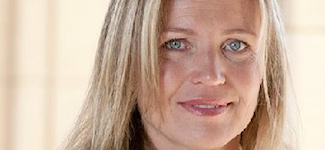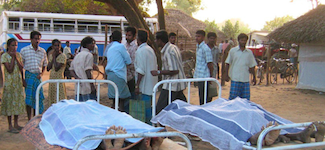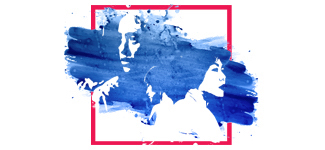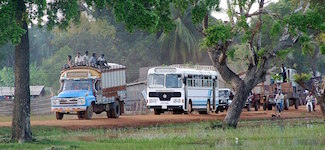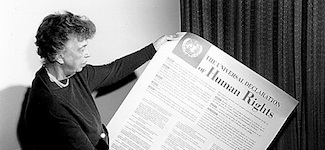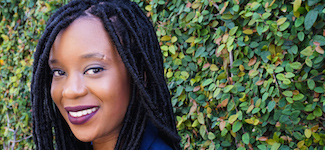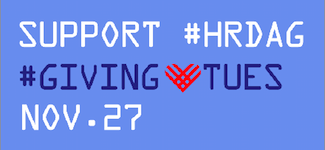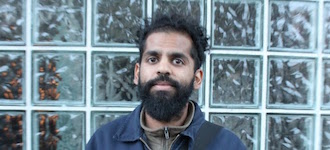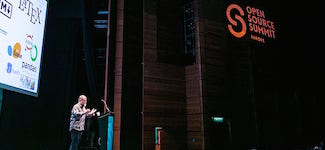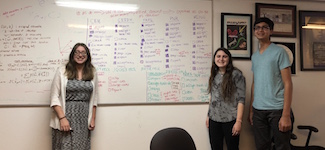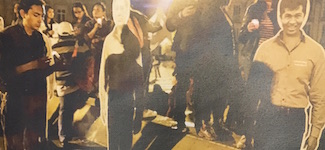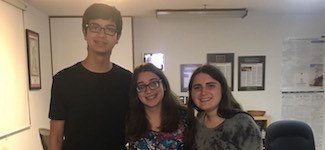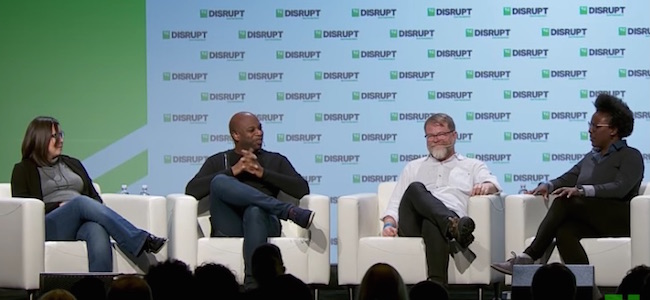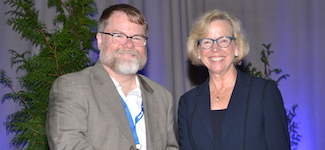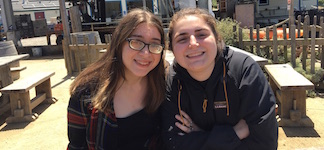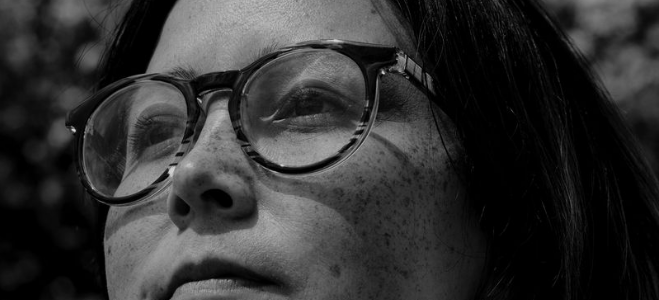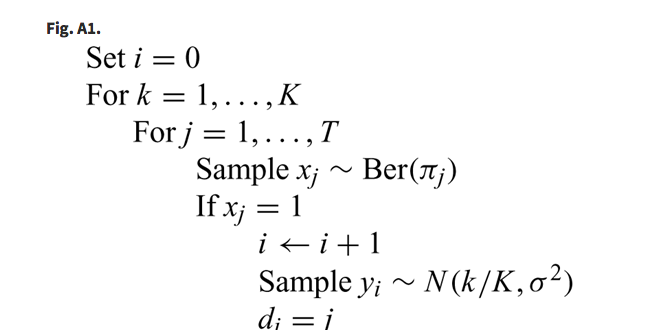HRDAG Names New Board Member Margot Gerritsen
Margot is a professor in the Department of Energy Resources Engineering at Stanford University, interested in computer simulation and mathematical analysis of engineering processes.
Counting the Dead in Sri Lanka
ITJP and HRDAG are urging groups inside and outside Sri Lanka to share existing casualty lists.
New analysis of World War II Korean “comfort women” held by Japanese
There may have been more undocumented World War II-era Korean "comfort women" than known.
HRDAG Report on Disappeared Tamils in Army Custody in Sri Lanka
HRDAG has published a report about the 500 Tamils who disappeared while in Army custody in Sri Lanka in 2009.
The UDHR Turns 70
We're thinking about how rigorous analysis can fortify debates about components of our criminal justice system such as cash bail, pretrial risk assessment and fairness in general.
Welcoming Our 2018 Data Science Fellow
Shemika Lamare has joined the HRDAG team as our new data science fellow.
HRDAG and #GivingTuesday 2018
Will you help HRDAG advance human rights?
Welcoming Our New Data Scientist
We're thrilled to announce that Tarak Shah has joined our team as our new data scientist.
Herb Spirer, 1925 – 2018
Herb led and mentored a generation of statisticians working in human rights.
Open Source Summit 2018
On October 23, 2018, Patrick Ball keynoted at the Open Source Summit in Edinburgh, Scotland.
Where Stats and Rights Thrive Together
Everyone I had the pleasure of interacting with enriched my summer in some way.
How many social movement leaders have been killed in Colombia? An estimate and analysis
As the war between the guerrillas, the Army, and paramilitary groups in Colombia winds down, violence against social movement leaders has intensified. Using data from six organizations, this report estimates the total number of social movement leaders killed in 2016 and 2017. The perpetrators of the killings are not reported in the data or in the report.
In the report, we observe that together, the monitoring organizations documented 160 killings in 2016, and we estimate a total population of 166 deaths.[1] In 2017, there were 172 documented killings, and we estimate a ...
Happy Hacking
From my first introduction to the HRDAG community at the annual retreat it was clear to me that mentorship is an organizational priority and that the contributions of interns are valued. Much of my first couple weeks as a summer intern at HRDAG were spent familiarizing myself with Patrick’s paradigm for principled data processing. At the same time, I was learning the skills and tricks (bash, make, vim, git) that promote an effortless programming workflow, a pursuit that Patrick calls “sharpening the saw” (just like in programming, you can cut down a tree with a ...
Disrupt San Francisco TechCrunch 2018
On September 7, 2018, Kristian Lum and Patrick Ball participated in a panel at Disrupt San Francisco by TechCrunch. The talk was titled "Dismantling Algorithmic Bias." Brian Brackeen of Kairos was part of the panel as well, and the talk was moderated by TechCrunch reporter Megan Rose Dickey.
From the TechCrunch website, "Disrupt is a 3-day conference focused on breaking technology news and developments with big-name thought leaders who are making waves in the industry."
Video of the talk is available here, and Megan Rose Dickey's coverage is here.
Patrick Ball wins the Karl E. Peace Award
Patrick Ball won the Karl E. Peace Award for Outstanding Statistical Contributions for the Betterment of Society at the 2018 Joint Statistical Meeting.
HRDAG Retreat 2018
What follows is an elaborate criss-crossing of collaborations—retreat is a time to embrace the productivity that comes with being in the same room.
Kristian Lum in Bloomberg
The interview poses questions about Lum's focus on artificial intelligence and its impact on predictive policing and sentencing programs.
Skoll World Forum 2018
Illuminating Data's Dark Side: Big data create conveniences, but we must consider who designs these tools, who benefits from them, and who is left out of the equation.
Data Science Symposium at Vanderbilt
Patrick Ball keynoted the Data Science Symposium at Vanderbilt University.
New publication in BIOMETRIKA
New paper in Biometrika, co-authored by HRDAG's Kristian Lum and James Johndrow: Theoretical limits of microclustering in record linkage.

